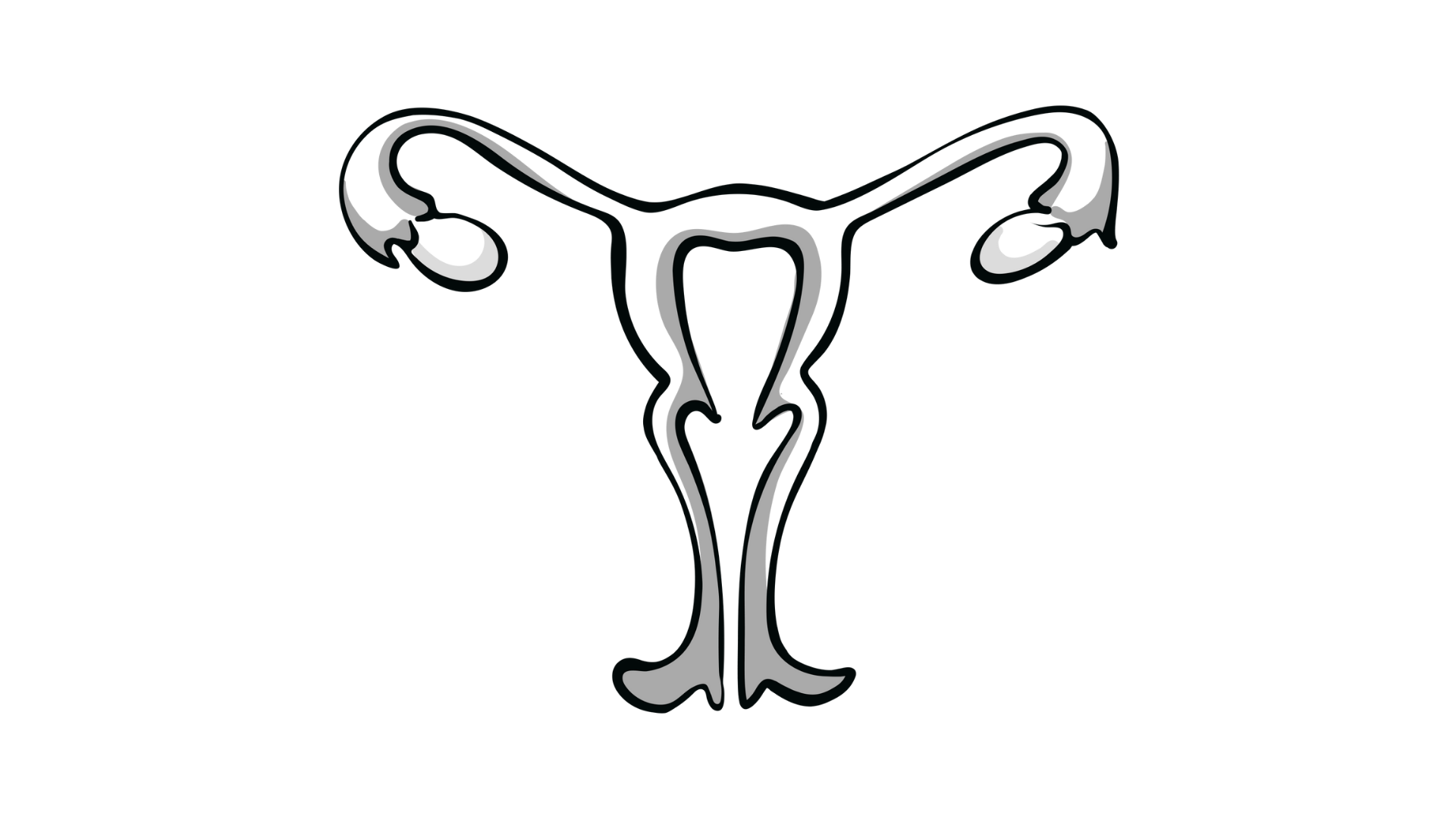The Clinical Impact of Biased Language in Handoffs
Negative language about patients can reduce clinician empathy and recall of critical health details, a recent study finds.

When clinicians hear a patient described with negatively biased language, they can become less empathetic toward the patient, and be less accurate in recalling the patient’s critical health details, according to a recent study.1
“Those who work in health care are often very well-intentioned, but they’re human beings. Humans get frustrated and express different biases—both implicit and explicit,” Austin Wesevich, MD, MPH, MS, a hematologist and health services researcher at University of Chicago Medicine in Illinois and the lead author of a new study focusing on clinicians’ biases, said in a university release.2
This issue is particularly prevalent during “handoffs,” when clinicians pass patient information from one shift to another. Although the biases may begin subtly, they have a chance to compound and ultimately affect the quality of care a patient receives. “Editorializing or talking about the patient negatively can cloud the mind of the listener and impact the care they ultimately give that patient,” Wesevich explained.
In the study, researchers designed a survey-based experiment in which each of the 169 participating residents and medical students were played audio of 3 brief, recorded handoffs that were closely modeled after real handoffs.
For each recording, the researchers created 2 versions: a neutral handoff—simply stating the patient’s condition, situation, and needs—and a biased one that expressed a negative stereotype or cast blame or doubt on the patient’s credibility. After listening to each recording, study participants answered a single multiple-choice question testing their ability to recall key medical details, completed a survey that measured their attitude toward the patient, and wrote down 3 key takeaways based on the recorded handoff.
“Unsurprisingly, our results confirmed that when you hear biased language about someone, you feel less positively about that person,” Wesevich said. “But it was striking to find that when participants heard some level of blame being directed toward the patient for their condition, they were then less likely to correctly answer the multiple-choice question about the patient’s care.”
Participants who received biased handoffs had a harder time recalling key clinical information—including laboratory results, symptoms to watch for, and recommended treatments—than those who received neutral-language handoffs, although the difference was not statistically significant.
Findings from Wesevich’s new study maintain the indication that racial bias exhibited during verbal patient handoffs can adversely affect the quality of care that racial minority patients, specifically Black patients, receive. Researchers point to a disproportionate rate of medical errors in the care of racial minority patients and suggest that avoiding bias in handoffs could increase empathy and reduce error rates, thereby improving the overall quality of care.
For the full article and references, visit https://bit.ly/3Pv5vWR
















